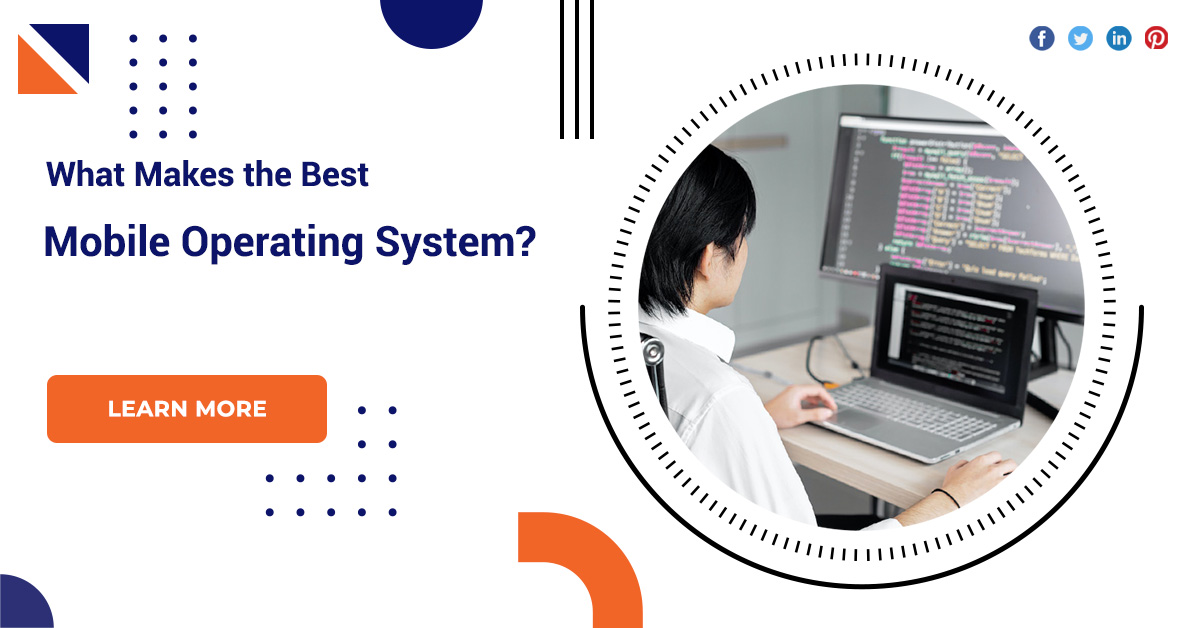What Makes The Best Mobile Operating System?
Mobile devices are increasingly less about the hardware and more about the operating system that runs on them. Here are the four most important features of a mobile operating system. When it comes to smartphones or even tablets, the two biggest examples of mobile operating system companies are probably Apple and Google. Apple, of course, for their many iGadgets with iOS and Google for its Android.
Mobile operating system
1. Ease of use
A operating system is the software that facilitates the functioning of mobile devices, such as smartphones and tablets. This involves providing a user-friendly interface and intuitive navigation that allows individuals, regardless of their technical expertise, to interact seamlessly with their devices. The design of icons, menus, and overall layout contributes to the overall user experience, making it accessible and enjoyable for a wide range of people.
2. Customizability for users
Customizability is a key aspect, allowing individuals to personalize their devices according to their preferences. This includes options to change wallpapers, themes, widgets, and organize app icons. Some operating systems go a step further, enabling users to install custom ROM or modify system settings, providing a high level of flexibility for those who want to tailor their device to suit their unique needs and style.

3. Application design and interface
The OS serves as the platform on which various applications run. It dictates the guidelines for application design, ensuring a cohesive and consistent user experience. Operating systems often have specific design principles and interface guidelines that developers are encouraged to follow, promoting a unified look and feel across the ecosystem.
4. Multi-tasking and split-screening
Some operating systems take this a step further by incorporating split-screen functionality. This feature enables users to view and interact with two applications at the same time, enhancing productivity and efficiency, especially on larger-screen devices like tablets.
Conclusion
A mobile operating system is the backbone of a mobile device, providing the foundation for its functionality and user experience. Balancing ease of use with customizability, dictating application design principles, and supporting advanced features like multi-tasking are key elements that define the capabilities of a mobile OS.







